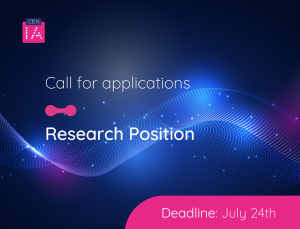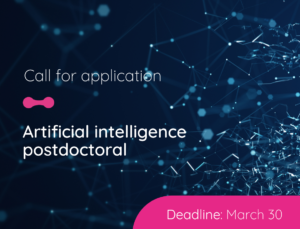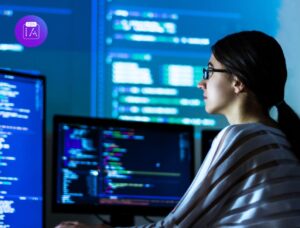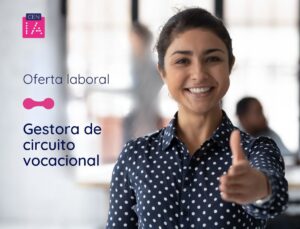Cenia researchers Felipe Bravo and Pablo Barceló were interviewed by El Mercurio newspaper to talk about the future of Internet search engines and how new algorithms or technologies could be developed with positive implications for search engines to understand more complex queries, thus offering a better user experience.

Felipe Bravo, who is also a researcher at IMFD and an academic at the Department of Computer Science of the University of Chile (DCC UChile), explained the limited performance of search engines in the past, using as an example the phrase “Chileno visa para Estados Unidos” [United States visa for Chileans]. Before, when starting a search with that phrase, the algorithm only considered keywords such as “Chilean”, “visa” and “United States”, omitting prepositions and context. “Now, with neural network technology – a subset of machine learning that mimics the way biological neurons signal each other – search engines can try to better understand queries. Artificial intelligence models that do natural language processing really are able to understand all the words,” explains the researcher.
At Cenia, Felipe Bravo works for the research line “Deep Learning for Vision and Language” (RL1), and his area of expertise is mainly focused on the acquisition of knowledge and information from natural language.
Meanwhile, the Cenia researcher and director of IMC UC, Pablo Barceló, referred to the implementation of new algorithms which allow a better understanding of any type of content by compiling information from different sources, as in the case of Google’s Multitask United Model (MUM), which attempts to replicate a search as if it were a conversation with a person. “Today a search engine will interpret syntactically what I am typing, but it will not interpret the semantics of what is behind it, what I am referring to with the words I am typing. Whereas a search engine of the future, with MUM architecture, could,” he concludes.
Barceló, who is also a researcher at IMFD, is an expert in computer science, with his main research areas being databases and logic for computer science. He is currently one of the researchers in charge of the “neurosymbolic AI” (RL2) research line at Cenia.
Read the full article (Spanish) at El Mercurio







